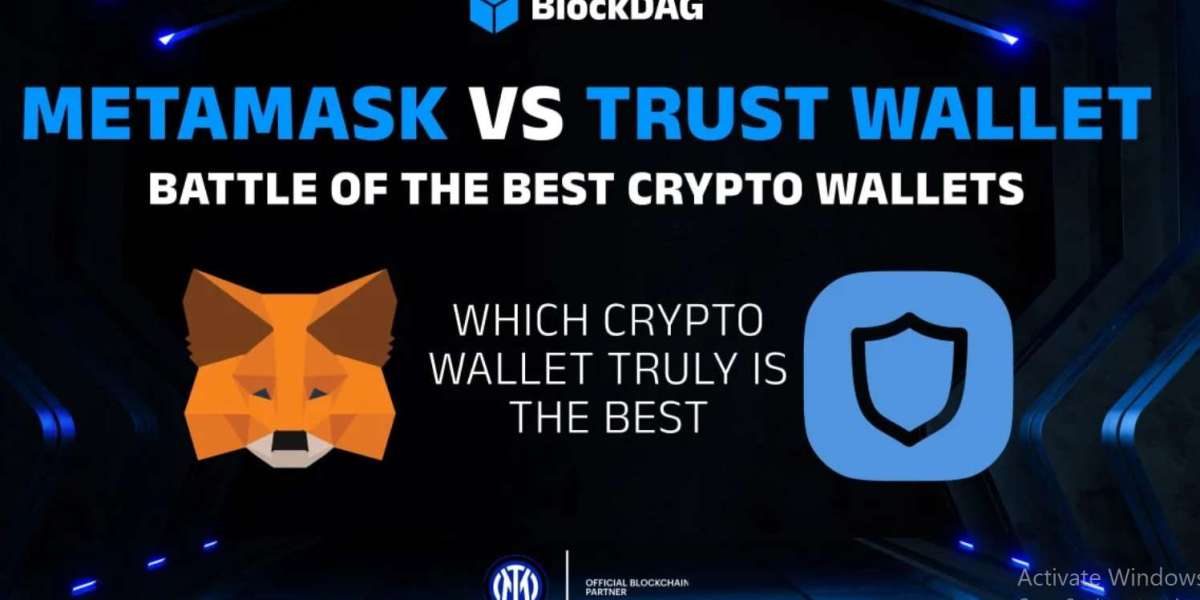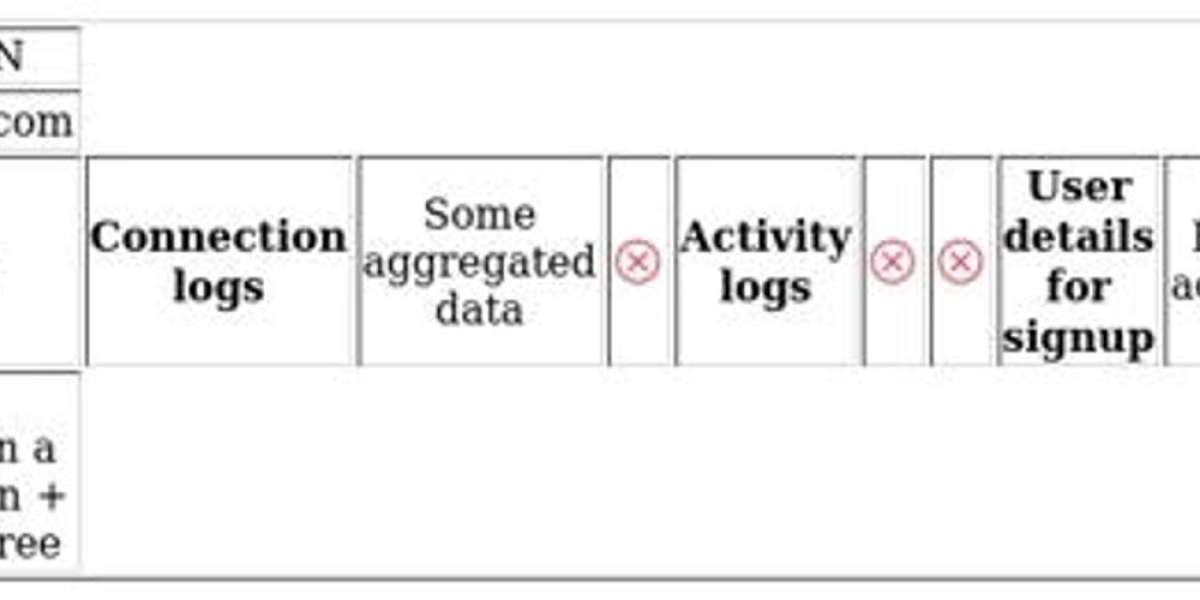Cryptocurrency wallets have become indispensable tools for anyone involved in the digital asset world. Among the many wallets available today, MetaMask and Trust Wallet stand out as two of the most secure and widely used non-custodial wallets. With millions of users globally, both wallets offer easy ways to store, send, trade cryptocurrencies, and interact with decentralized finance (DeFi), staking, and decentralized applications (dApps). But which one is the best fit for you? In this comprehensive guide, we’ll explore the key features, differences, and unique strengths of metamask vs trust wallet to help you decide.
1. Overview of MetaMask and Trust Wallet
MetaMask started as an Ethereum-only wallet but has evolved into a versatile platform supporting multiple EVM-compatible networks like Binance Smart Chain and Polygon, albeit through manual network setup. Trust Wallet, on the other hand, is designed to support a wider array of blockchains by default—including Binance Smart Chain, Solana, Ethereum, and more—making it a more multi-chain friendly option right out of the box.
Both wallets are free to download and use, but transaction fees on the underlying blockchains apply when you send tokens or interact with dApps. Each wallet has distinct advantages depending on your crypto activities and preferences.
2. Blockchain Compatibility: Multi-Chain Support
MetaMask
MetaMask initially focused on Ethereum and its tokens (ERC-20, ERC-721 NFTs), which makes it deeply integrated into Ethereum's ecosystem. Later, it expanded to support EVM-compatible blockchains like Binance Smart Chain (BSC) and Polygon, but users need to manually configure these networks in the wallet settings. This adds flexibility for power users but may complicate things for newcomers.
Trust Wallet
Trust Wallet supports multiple blockchains by default, including Binance Smart Chain, Ethereum, Solana, and many other Layer-1 protocols. This means users can manage assets across various networks without the need for manual setup. If you plan to use several blockchains regularly, Trust Wallet offers a more straightforward multi-chain experience.
3. Token Swapping Functionality
Both MetaMask and Trust Wallet allow users to swap tokens directly within the wallet interface, providing a seamless way to exchange assets without leaving the app.
MetaMask primarily facilitates swaps between Ethereum-based tokens but also supports swaps on configured EVM-compatible chains.
Trust Wallet offers token swaps on a wider range of blockchains, including Binance Smart Chain, which gives it a slight edge in flexibility.
4. NFT Management: Handling Your Digital Collectibles
Non-fungible tokens (NFTs) have surged in popularity, making wallet support for NFTs increasingly important.
MetaMask supports Ethereum-based NFTs well but lacks a comprehensive interface for NFTs on other networks. It can feel limited if your NFT collection spans multiple blockchains.
Trust Wallet delivers a more inclusive NFT experience by supporting multiple blockchains, allowing users to manage their digital collectibles more easily if they collect NFTs across different networks.
5. dApp Browsing Experience
Interacting with decentralized applications (dApps) is a major use case for both wallets.
MetaMask is renowned for its browser extension, making it the preferred choice for desktop users engaging with Web3 dApps. The desktop experience is smooth and integrates well with many Ethereum-based platforms.
Trust Wallet offers a comparable dApp browser experience via its mobile app and also has a desktop browser extension. This makes it versatile for users who want dApp access on mobile or desktop.
6. Staking Capabilities: Earning Passive Income
Staking cryptocurrencies is a popular way to generate passive income directly within a wallet.
Trust Wallet supports staking for various cryptocurrencies like Tezos (XTZ), Binance Coin (BNB), and more, all within the app. This makes it convenient for users looking to earn staking rewards without extra steps.
MetaMask provides staking opportunities mainly focused on Ethereum’s ecosystem, including liquid, combined, and validator staking options, but it is more limited compared to Trust Wallet’s multi-asset staking.
7. Security Features
Both wallets are non-custodial, meaning users retain full control of their private keys and funds. Their open-source nature allows the community to audit their code, adding a layer of transparency.
Security risks primarily arise from user behavior, such as falling victim to phishing scams. Both wallets are equally susceptible to these risks, so users should follow best practices, like never sharing private keys and verifying URLs, to keep assets safe.
8. User Experience and Ease of Use
MetaMask is known for a user-friendly interface but requires manual network setup for non-Ethereum chains, which might intimidate beginners. Fortunately, extensive guides exist to help new users configure MetaMask properly.
Trust Wallet offers a more straightforward experience, especially for multi-chain users. Its automatic blockchain support and simple mobile interface make it attractive for those wanting a hassle-free way to manage various cryptocurrencies and NFTs.
9. Transaction Costs
Both wallets display network fees before transactions and incorporate nominal fees for in-app token swaps. Fees fluctuate based on blockchain congestion and market conditions. There is no significant difference in costs between MetaMask and Trust Wallet.
10. So, Which Crypto Wallet is Best?
The answer depends on your personal preferences and use cases:
Choose MetaMask if you prioritize desktop access, primarily work within the Ethereum ecosystem, and want seamless integration with Ethereum DeFi protocols and dApps. It’s ideal for users who value browser extensions for a smooth Web3 experience.
Opt for Trust Wallet if you want a versatile mobile wallet that supports multiple blockchains, allows easy NFT management across networks, and provides integrated staking features. Trust Wallet is perfect for users seeking flexibility and simplicity on the go.
The Wallet Wars Are Just the Beginning — Enter BlockDAG
While MetaMask and Trust Wallet are top choices today, the blockchain space is evolving rapidly. One promising innovation is BlockDAG, which combines blockchain and Directed Acyclic Graph (DAG) structures to offer improved scalability and speed. BlockDAG has raised over $216 million in presales, reflecting strong investor interest and market demand.
Currently in its 27th presale batch at a price of $0.0248 per token, BlockDAG has sold over 19.3 billion tokens and is growing a vibrant community. For miners, BlockDAG offers user-friendly mining calculators and two efficient ASIC miners: the compact X10 miner (up to 200 BDAG/day) and the high-performance X100 miner (up to 2,000 BDAG/day), with over 15,850 units sold so far.
BlockDAG also actively fosters a global community via its Ambassador Program, enabling users to promote the project and educate newcomers. Strategic partnerships with major companies further enhance its credibility and growth potential.
Conclusion
MetaMask and Trust Wallet both serve as excellent, secure crypto wallets tailored to different user needs. MetaMask excels in Ethereum-based desktop interactions and dApps, while Trust Wallet shines as a multi-chain mobile wallet with NFT support and staking capabilities.
As blockchain technology advances, platforms like BlockDAG represent the next generation of crypto innovation—offering hybrid models, enhanced scalability, and community-driven growth. Whether you choose MetaMask, Trust Wallet, or explore emerging platforms like BlockDAG, the future of managing and growing your digital assets looks exciting.
If you want to dive deeper into Web3, DeFi, NFTs, or innovative blockchain projects, staying informed about the right tools like these wallets and new technologies will help you stay ahead in the crypto space. Which wallet fits your style best? Let me know!







